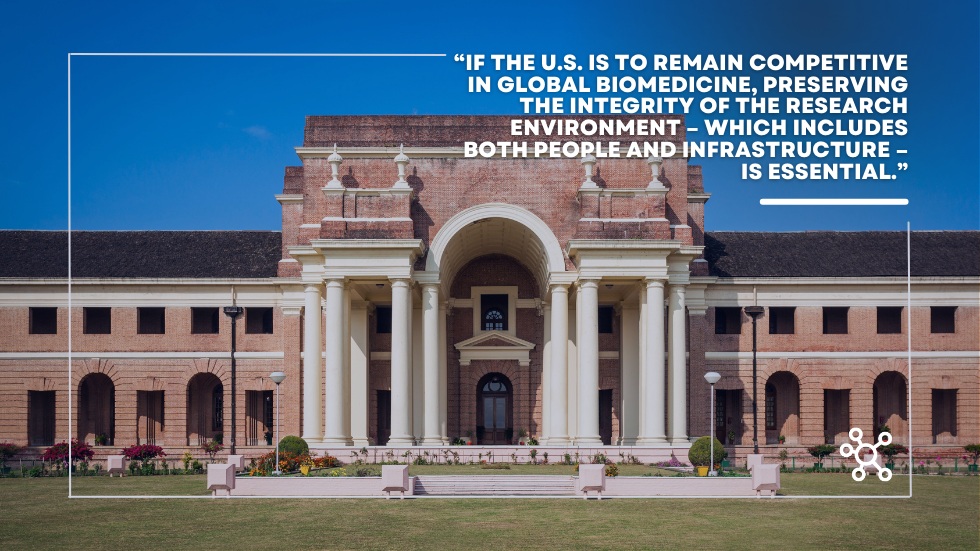Author: Tara Smylie
Do you know who to hire for which role? Gone are the days of the lab-only scientist. Nowadays, positions in STEM fields can call for a variety of communications skills, whether that be writing, management, design, or something else. These science communications positions are all the rage nowadays, but because they require at least two skill sets, they can be difficult to fill.
When hiring for a science communicator role, there’s no one-size-fits-all background to look for – so screening applicants can be tricky. What keywords do you search for? Who do you rule out? Many qualified applicants won’t have had a separate career to match every skill required for a role. So, you’ll need to find other ways of assessing their potential to succeed.
Types of multi-skilled roles in the sciences
As careers in science communications become more and more well-known, interest in the field is burgeoning. Examples of positions in science communications include scientific communications specialist, medical writer, and research analyst. Some positions will skew more communications-based, and some more science-based. The trick for who to hire for which role is to discern which skillset comes first for a particular job. Then, you can comb through the applicant pool with that information top of mind.
Positions that are often more science-based can include roles in technical editing, data management, and curriculum development. Such roles absolutely still require communications skills – just perhaps not the same kind of verbal acuity that might be required of a presenter or writer. There are no hard and fast rules, though! Always use your judgment about the skill set that would work best for a particular position.
Who to Hire for Which Role
A role that primarily involves research or leadership, but seldom calls for in-depth or on-the-spot scientific knowledge, is often well-suited to a communications professional. If you’re on the lookout for a Director of Communications for a life science business, for example, don’t hesitate to choose someone who’s well-versed in leadership and project management, and less experienced (but highly trainable) in research analysis.
For roles that hinge on a deeper STEM knowledge base, consider hiring scientists – albeit that they boast some natural writing acumen. For instance, you may be on the hunt for a data science consultant who can not only solve problems, but effectively communicate their solutions. Because data science is not usually a skill that people pick up “on the fly”, you’ll probably want to first gather a pool of candidates with experience in the field. Then, to form your “top tier” of potential hires, you can identify the strongest communicators within that pool.
Some positions get especially tricky, though. Let’s say, for example, that you’re on a mission to find the perfect technical editor to fill an opening. In this case, you might actually be better off hiring a trained scientist. That’s because editing, while communications-based, is very detail-oriented and factual. Of course, any editor should have a good handle on grammar and paragraph structure, too – but in this case, finding someone who knows the ins and outs of the subject matter may prove to be the most important factor.
What to screen for
For science positions that involve preparing presentations, articles, or other written materials, ask your shortlist of candidates to show you a couple of relevant samples. A candidate’s portfolio may include brochures, slide decks, even emails – as long as it gives you a sense of their writing style, it should offer valuable insights into their suitability for a communications role.
Ultimately, when you’re hiring for a multi-skilled position, the most important thing to screen for is ability to learn. If a candidate sounds terrified, or perhaps just bored, by the thought of becoming well-versed in a subject that’s new to them – this may not be a recruitment match made in heaven. But if their eyes light up when you tell them more, and they can describe times they’ve used a similar skillset somewhere else – you may just have a winner on your hands.
The most important skill – who to hire for which role
Figuring out which candidate is likely to make the best hire can be a tricky balancing act – especially when it comes to science communications roles. As you search for suitable candidates, keep an eye out for those who are sharp, enthusiastic, and above all ready to learn – even if they don’t have the perfect resume.
And remember: people can always surprise you. Just because a writer hasn’t researched scientific topics before doesn’t mean they aren’t cut out to learn some new ropes. If your new science news editor has advanced technical degrees in their subject matter but little to no writing experience, you can assess their language skills another way. Keep a critical but open mind, and you’ll find a candidate who brings to the table an impressive skillset – and a willingness to keep learning more.
References






